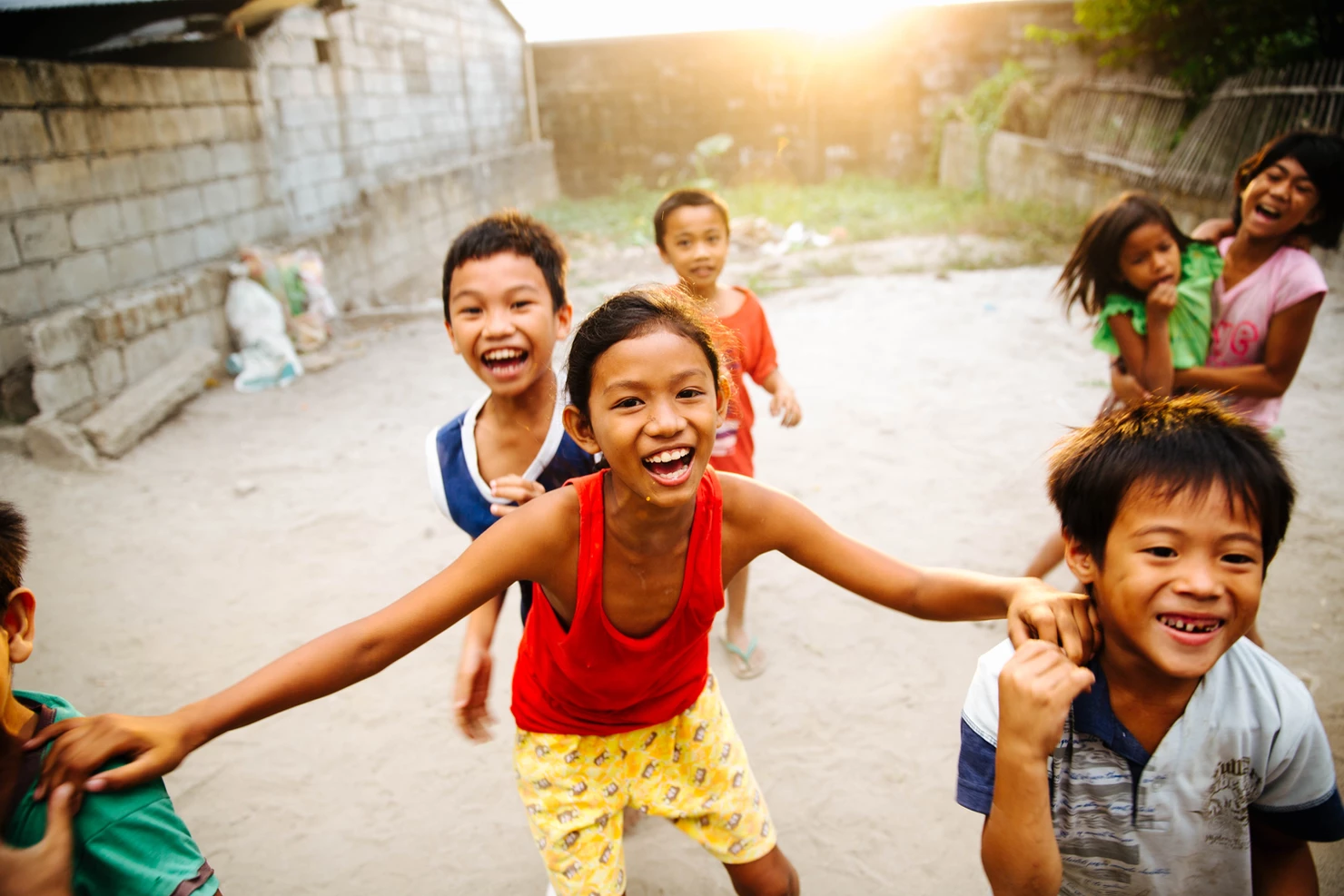Children occupy an important place of note in human societies; they are simply basic, occupying an irreplaceable group of the human societies. In order to fully understand the role and impact of children in society, we must use a sociology of youth.
The unit ‘Child’ has been much of an appealing, usual word of note to psychologists, (but with lesser works on what children are to the society, in sociology, as a field of study). In social science there is a sociology of youth where children are recognized for development as a result of societal influence, while psychology overviews child development in terms of body, soul and mind. Sociology as a discipline would introspect the influence that makes the child, which is the society and also how children are giving back to their societies – their functions.
Sociology of Youth
Children are not typical social concepts like economy, education and so on, but they can be considered with the worth of equal importance as a social subject. The different societies existing form the intrinsic place of influence and development, for every child. The politics, music, cultural doings or manners of a society would always tell on every child, and so also is it that influences are returned by children to their communities. Societies have roles to play in child development, families too.
Children would always need the right meal, sound education, and access to child friendly health facilities, social protection and even more. And definitely, ‘the responsibilities of every child’ is simultaneously their functions to the society, to be good ambassadors of moral values, to be attentive to studies, to be obedient and more.
In seasons as this where much is given to celebrating children in many countries of the world, without exception to other months of the year, Children’s Day should be seen as child’s protection day; with its focuses or every imploring messages of this day constructively still recognized.
Problems, Security and Support for Children
There are quarks of subjects’ deficits which have to globally be addressed as regards children, to create global solidarity and healthy coexistence for children. Many organizations are working assiduously to keep the children societies a cycle of comfort. Children needs should be highlighted and worked upon.
In places of insurrection, children are facing traumas, which ought not to be. On schools, there are millions of out-of-school children and street children, children who are abused psychologically, consciously or not. There are children not spared of military recklessness, students and pupils killed unsparingly for no crime. There are children stocked in health challenges, who are unable to afford proper medication or who don’t have access to it.
Youth and Food Poverty
Food is a necessity of life. Children are faced with unhealthy food living, because some parents or guardians could not afford safe water and well prepared meals. When this inundation of lack persists, it can lead to social insecurity. On the whole, household level of food insecurity can cause drooping in a child’s trust in parents, by making the child have outdoor quest for food, or by way it instills impatience in the child.
A fact says about 690 million people worldwide go to bed hungry each night. The intricacy of this is that children could be a larger percentage of this thought. The solution to food poverty would be to combine efforts that can evidently discover global undernourishment, and then eradicate it, consciously minding that children and no one deserves absolute lack or unhealthy food.
On Solving Displaced Children
There are displaced children scattered all over in nations facing the consequence of war or those in economic crisis. These children become out-of-school. Global conflicts would always cause chronic consequences, on all and especially on children. An intervention agency can be set up to influence reduction in the high numbers of displaced children globally.
Formerly, there was the United Nations Relief and Rehabilitation Administration (UNRRA), an agency under the United Nations in 1945, now torpid, or something of its kind can be reawakened, which would have its focus on solving the big issue of children displacement.
Violence at Schools
I have experiences of school violence. The breakdown of peace among students can lead to loss in moral and cultural value. Violence in schools is usually among students, or between students and their teachers or with school administrators. In these cases of uproar, students and people around the spatial setting of the violence can lose their lives.
Violence can lead to students’ displacement, where they can be more prone to hazards. It was reported according to the National School Safety Centre records that ‘one of the worst cases of school violence to have occurred was in Beslan, Russia, in 2004, with 350 people killed, half of which were children’.
The school violence claimed lives, violence homes sabotage; it can be in the form of destruction of public property. These trends are not desirable. Schools should be decent places where academic activities can safely take place without infringement.
References:
State of Food Insecurity and Nutrition in the World 2020 online summary
Violence in Schools: Causes and Solutions, 2015
The Significance of World Children’s Day on November 20
Frequently Asked Questions about Sociology of Youth

What is the sociology of youth?
The sociology of youth is a subfield within sociology that focuses on the study of young people, their social experiences, identities, and the ways in which they interact with and are shaped by societal structures.
What age group does the sociology of youth typically encompass?
The sociology of youth typically encompasses the study of individuals in their teenage years through their early twenties, although definitions may vary. It explores the social, cultural, and economic factors influencing this age group.
What are some key topics explored in the sociology of youth?
Key topics include youth culture, identity formation, socialization, education, employment, family dynamics, peer relationships, activism, and the impact of societal structures on the lives of young people.
How does the sociology of youth address issues of youth identity?
The sociology of youth examines how young people construct their identities in relation to factors such as gender, race, class, ethnicity, sexuality, and other social categories. It explores how identity influences their interactions and experiences.
What role does youth culture play in the sociology of youth?
Youth culture refers to the unique set of values, beliefs, behaviors, and symbols associated with young people. The sociology of youth explores how youth culture is created, shared, and how it evolves over time, influencing wider society.
How does the sociology of youth examine education and employment for young people?
The sociology of youth investigates the educational experiences of young people, including access, challenges, and opportunities. It also explores issues related to youth employment, such as labor market trends, job expectations, and economic challenges.
In what ways does the sociology of youth study family dynamics?
The sociology of youth examines family structures and dynamics, including the impact of family relationships on the development of young individuals. It explores changing family patterns and the roles young people play within their families.
Is activism and social change a focus in the sociology of youth?
Yes, the sociology of youth often explores how young people engage in activism and social change. It examines their participation in social movements, political activism, and their contributions to shaping societal attitudes and policies.







